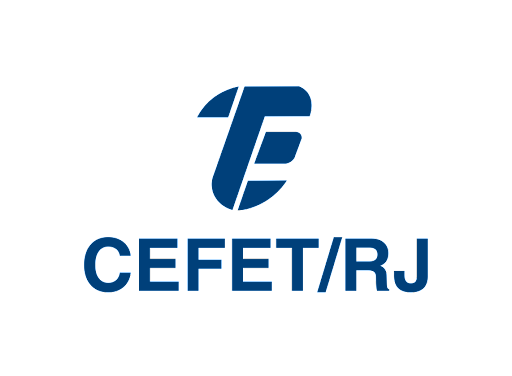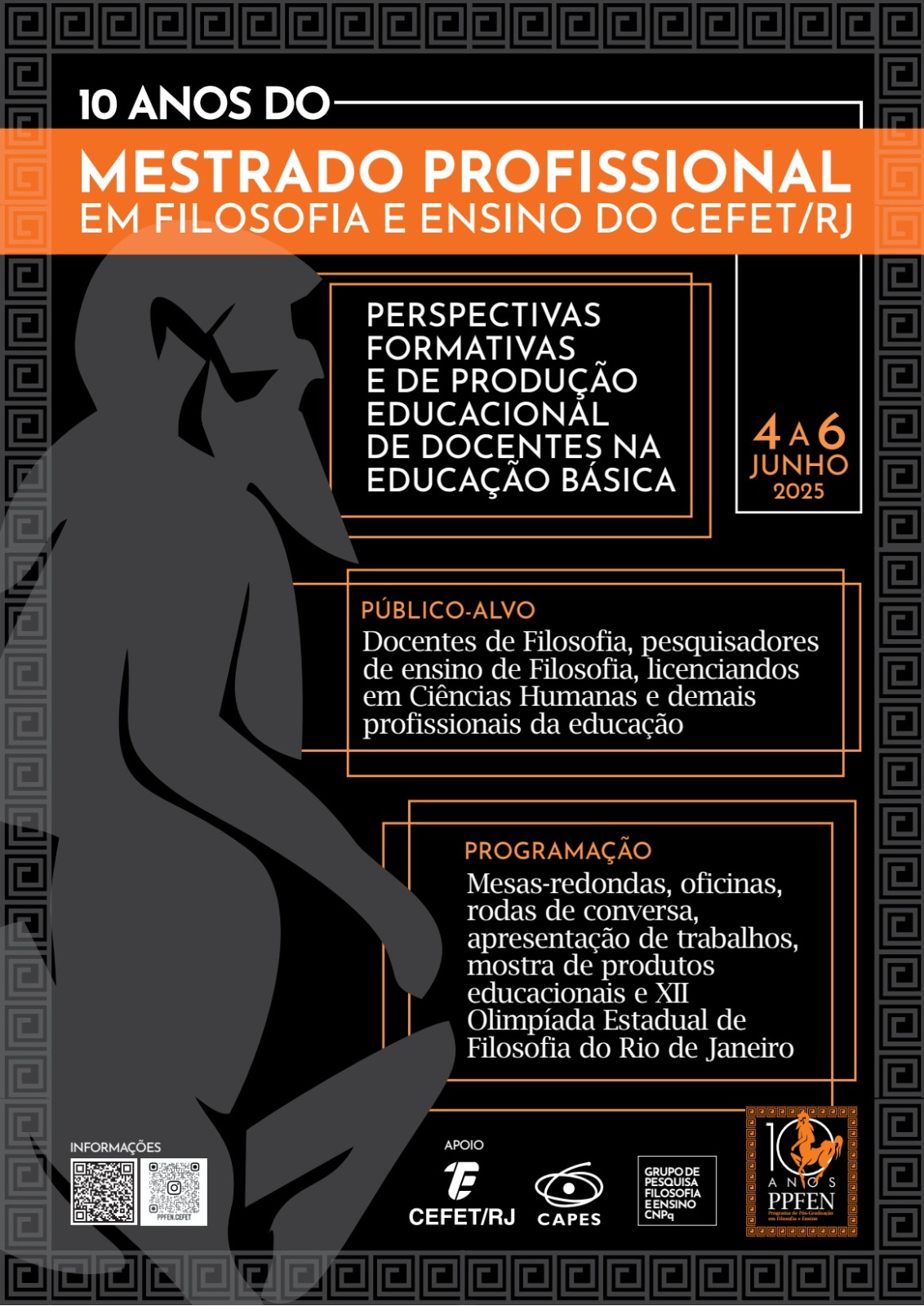Rua sem saída
Crítica, perseguição, revolta, aporia e digitalcracia
Palabras clave:
ret´´orica, dialética, absurdismo, comunicação persuasiva, liberdade de expressão, censura, digitalcracia, política, moral, Platão, Aristóteles, Camus, Nietzsche, Sofistas, InquisiçãoResumen
A filosofia fomentar o pensamento crítico seria um privilégio ou um fardo? A filosofia – política e moral – começa com a condenação de Sócrates. Conforme se avança na história da filosofia, nota-se que todos aqueles que se revoltam contra os dogmas são perseguidos. A filosofia nunca conseguiu efetivamente dar uma resposta satisfatória às próprias perguntas que fazia, relegando às ciências essa aparente virtude, mas talvez a potência interrogativa da crítica resida justamente na aporia. Em quaisquer circunstâncias, a crítica carece da liberdade e de um espaço público para se manifestar. Encontrando-se encurralada pela instrumentalização da razão em tempos de militâncias e milícias digitais na era da digitalcracia, a questão é saber se ainda espaço para a crítica.Descargas
Citas
ARISTOPHANES. Clouds. Oxford: Clarendon Press, 1968.
ARISTÓTELES. Retórica. 2ª edição. Lisboa: Imprensa Nacional-Casa da Moeda, 2005.
ARISTOTLE. On Rethoric: A Theory of Civic Discourse. 2nd edition. New York and Oxford: Oxford University Press, 2007.
BEACON FOR FREEDOM OF EXPRESSION. Disponível em https://www.nb.no/forskning/beacon-for-freedom-of-expression/. Acesso em mar. 2024.
BRICKHOUSE, Thomas C.; SMITH, Nicholas D. Plato and The Trial of Socrates. New York and London: Routledge, 2004.
CAMUS, Albert. La Peste. Paris: Editions Gallimard, 1947.
______. El hombre rebelde. 9ª ed. Buenos Aires: Editorial Losada S.A., 1978.
CARROLL, Rory. Pope says sorry for sins of church. The Guardian, 2000. Disponível em https://www.theguardian.com/world/2000/mar/13/catholicism.religion. Acesso em 20/03/2024.
CONNOLLY, Joy. The state of speech: rhetoric and political thought in Ancient Rome. Princeton and Oxford: Princeton University Press, 2007.
DELEUZE, Gilles. Nietzsche e a filosofia. Rio de Janeiro: Editora Rio, 1976.
FOUCAULT, Michel. Microfísica do poder. 20ª edição. Rio de Janeiro: Edições Graal. 2004a.
______. A ordem do discurso: aula inaugural no Collège de France, pronunciada em 2 de dezembro de 1970. 11ª edição. São Paulo: Edições Loyola, 2004b.
GETTIER, Edmund L. Is Justified True Belief Knowledge? In: Analysis 23 (6): 121-123, 1963.
HAN, Byung-Chul. Infocracia: digitalização e a crise da democracia. Petrópolis, RJ: Vozes, 2022.
HANSEN, Mogens Herman. Polis: an introduction to the ancient Greek city-state. Oxford University Press, 2008.
HOLY BIBLE, The – Old Testament. Authorized King James Version. Albany: AGES Software, 1996.
HORKHEIMER, Max; ADORNO, Theodor W. Dialética do Esclarecimento. Rio de Janeiro: Jorge Zahar Ed., 1985.
JAEGER, Werner. The Theology of the Early Greek Philosophers. Oxford at Clarendon Press, 1948.
KANT, Immanuel. An Answer to the Question: What Is Enlightenment? (1784). In: What Is Enlightenment? Eighteenth-Century Answers and Twentieth-Century Questions. Berkeley, Los Angeles, London: University of California Press, 1996. p. 58-64.
KENNEDY, George Alexander. The Art of Persuasion in Greece. Princeton, New Jersey: Princeton University Press, 1963.
LYOTARD, Jean-François. O pós-moderno. 3ª ed. Rio de Janeiro: José Olympio Editora, 1988.
NETTLESHIP, R. L. Lectures on the Republic of Plato. London: Macmillan and Co., Limited, 1951.
NIETZSCHE, Friedrich. La genealogía de la moral: Un escrito polémico. Madrid: Alianza Editorial, 2005.
______. Más allá del bien y del mal: Preludio de una filosofía del futuro. Madrid: Alianza Editorial, 2007.
PETERS, Edward. Inquisition. New York: The Free Press, 1998.
PLATO. Apology (Ap.). In: Plato: Complete Works. Indianopolis/ Cambridge: Hackett Publishing Company, 1997, p. 17-36.
______. Theaetetus (Tht.). In: Plato: Complete Works. Indianopolis/ Cambridge: Hackett Publishing Company, 1997, p. 157-234.
______. Phaedrus (Phdr.). In: Plato: Complete Works. Indianopolis/ Cambridge: Hackett Publishing Company, 1997, p. 506-556.
______. Meno. In: Plato: Complete Works. Indianopolis/ Cambridge: Hackett Publishing Company, 1997, p. 870-897.
_____. Republic (Rep.). In: Plato: Complete Works. Indianopolis/ Cambridge: Hackett Publishing Company, 1997, p. 971-1223.
RAVEN, J. E. Plato’s thought in Making: A Study of The Development of His Metaphysic. Cambridge at University Press, 1965.
SHOREY, Paul. What Plato said. Chicago: Chicago University Press, 1933.
VERNANT, Jean-Pierre. The Origins of Greek Thought. Ithaca, New York: Cornell University Press, 1982.
WHITE, Michael. The Pope and the Heretic: The True Story of Giordano Bruno, the Man Who Dared to Defy the Roman Inquisition. HarperCollins ebooks, 2002.
Descargas
Publicado
Cómo citar
Número
Sección
Licencia
Derechos de autor 2025 Estudos de Filosofia e Ensino

Esta obra está bajo una licencia internacional Creative Commons Atribución-NoComercial 4.0.
Autores que publicam nesta revista concordam com os seguintes termos:
- Autores mantém os direitos autorais e concedem à revista o direito de primeira publicação, sendo o trabalho simultaneamente licenciado sob a Creative Commons Attribution License o que permite o compartilhamento do trabalho com reconhecimento da autoria do trabalho e publicação inicial nesta revista.
- A contribuição é original e inédita, e não está sendo avaliada para publicação por outra revista.
- Autores cedem os direitos de autor do trabalho que ora apresentam à apreciação do Conselho Editorial da Revista Cenário, que poderá veicular o artigo na Revista Cenário e em bases de dados públicas e privadas, no Brasil e no exterior.
- Autores declaram que sãoo integralmente responsáveis pela totalidade do conteúdo da contribuição que ora submetem ao Conselho Editorial da Revista Cenário.
- Autores declaram que não há conflito de interesse que possa interferir na imparcialidade dos trabalhos científico apresentados ao Conselho Editorial da Revista Cenário.
- Autores tem autorização para assumir contratos adicionais separadamente, para distribuição não-exclusiva da versão do trabalho publicada nesta revista (ex.: publicar em repositório institucional ou como capítulo de livro), com reconhecimento de autoria e publicação inicial nesta revista.
- Autores tem permissãoe são estimulados a publicar e distribuir seu trabalho online (ex.: em repositórios institucionais ou na sua página pessoal) a qualquer ponto antes ou durante o processo editorial, já que isso pode gerar alteraçãoes produtivas, bem como aumentar o impacto e a citação do trabalho publicado (Veja O Efeito do Acesso Livre).






